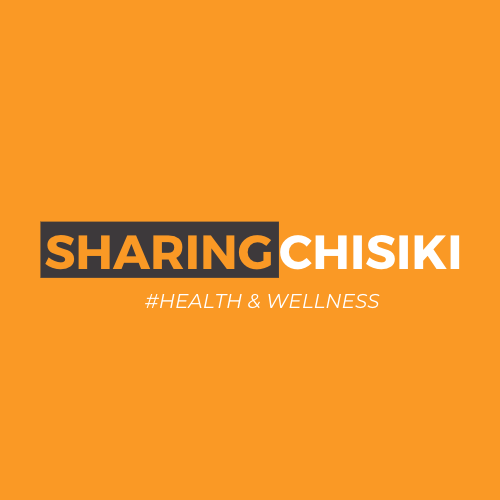Myth 1: You Can Get Enough Vitamin D from the Sun Alone
While it is true that exposure to sunlight is an important source of vitamin D, it’s not the only way to get this nutrient. The amount of vitamin D your skin can produce from the sun depends on various factors, such as your skin tone, the time of day, and your location. Additionally, many people may not be able to spend enough time in the sun to produce adequate amounts of vitamin D.Myth 2: You Don’t Need to Worry About Vitamin D Deficiency
Vitamin D deficiency is more common than you might think, especially in certain populations such as older adults, people with darker skin, and those who live in northern latitudes with less sunlight exposure. In fact, studies have shown that up to 42% of the US population is deficient in vitamin D. This can lead to a range of health problems, including bone loss, muscle weakness, and an increased risk of chronic diseases.Myth 3: Vitamin D Supplements are Not Necessary
While it’s true that you can get vitamin D from certain foods, such as fatty fish and fortified dairy products, many people may not consume enough of these foods to meet their daily requirements. In these cases, vitamin D supplements can be a convenient and effective way to ensure adequate intake. However, it’s important to talk to your healthcare provider before starting any new supplement regimen.
Myth 4: High Doses of Vitamin D are Safe
Taking too much vitamin D can be harmful and even toxic. The recommended daily intake for vitamin D is 600–800 IU per day for most adults, but some people may require higher doses depending on their individual needs. However, it’s important not to exceed the safe upper limit of 4,000 IU per day unless under the guidance of a healthcare provider.Myth 5: Vitamin D Prevents COVID-19
There is currently no evidence to suggest that taking vitamin D supplements can prevent or treat COVID-19. While vitamin D plays an important role in supporting immune function, there is no conclusive evidence to support claims that it can specifically protect against COVID-19. It’s important to follow public health guidelines, such as wearing masks and practicing social distancing, to reduce the risk of infection.Conclusion
Vitamin D is an important nutrient that plays a crucial role in our overall health. However, it’s important to separate fact from fiction when it comes to vitamin D myths. By understanding the truth about vitamin D, you can make informed decisions about your health and well-being. Remember to talk to your healthcare provider before starting any new supplement regimen or making significant changes to your diet or lifestyle.Read more : Achieve Smart Blood Sugar







